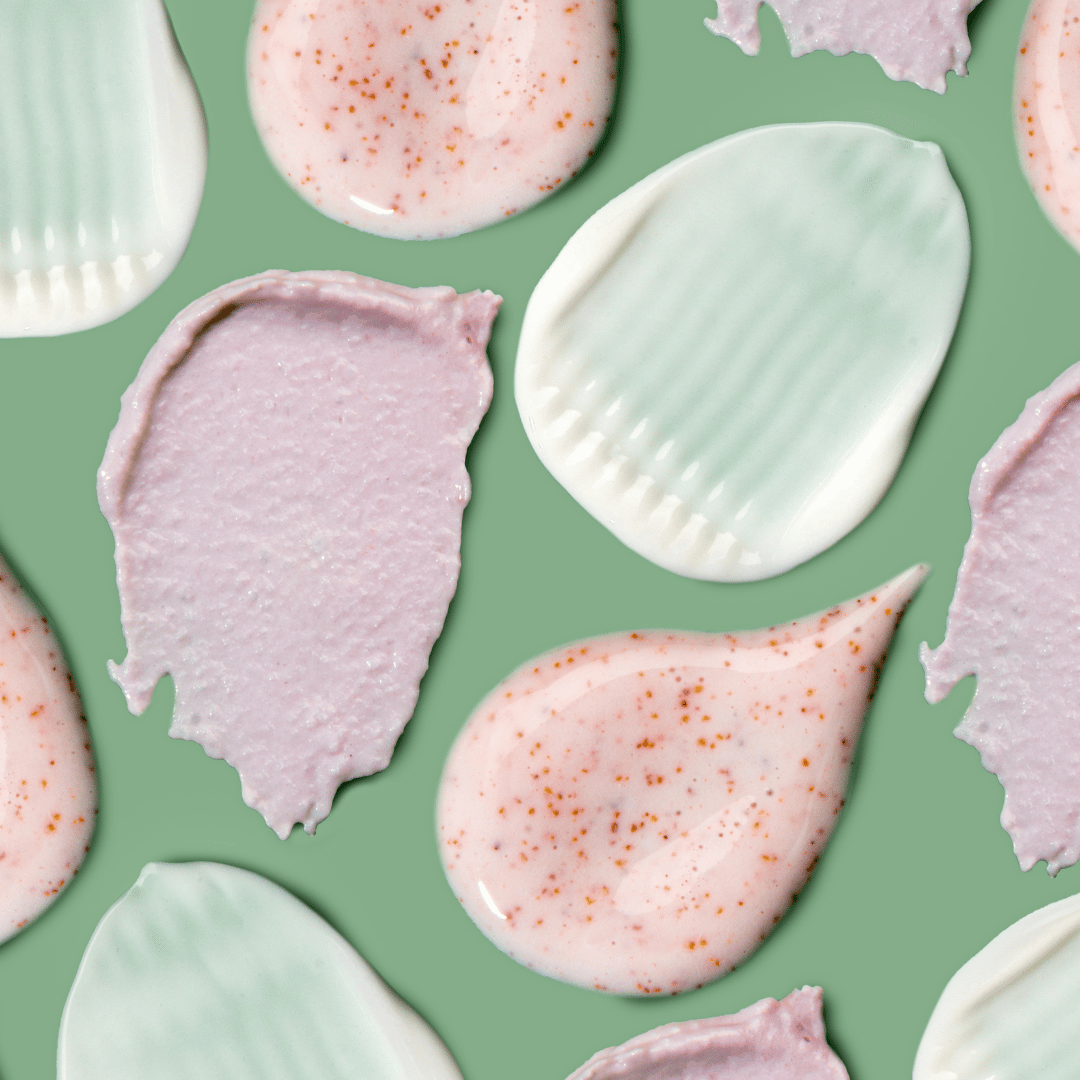Citric Acid
Citric acid is an alpha hydroxy acid (AHA) that is naturally occurring in plants and animals. The majority of citric acid comes from citrus fruits, like oranges, lemons, grapefruit, and limes. It is most commonly used in personal care products, such as skincare products and makeup. Citric acid has a pH of 2.2 (much lower than your skin’s natural pH of 5.5), which is why small doses of it are often included in beauty products. When applied in small amounts, it serves as a natural pH adjuster, exfoliant, and antioxidant (more on these benefits below!).
Overview
As mentioned above, citric acid is most commonly found in citrus fruits. The ingredient has been around for hundreds of years, since it was first isolated by chemist Carl Scheele in 1785. Today it is one of the most frequently used ingredients in cosmetics products. Specifically, you can expect to find citric acid in moisturisers, serums, soaps, oils, and lotions.
Benefits
Citric acid can be used as a flavouring agent and preservative in food, especially in soft drinks and candy. However, it’s the acid’s skincare benefits that we are more concerned with. When used in beauty products, citric acid functions as an alpha hydroxy acid. AHAs have long been popular in the cosmetics industry for their ability to hide signs of aging, exfoliate the skin, and adjust the pH balance of a product.
First, AHAs on the whole but citric acid specifically are known for their powerful anti-aging properties. Specifically, products with citric acid serve to stimulate collagen production, which in turn, smoothes and firms the skin. This helps reduce visible signs of aging, like dark spots, fine lines, and wrinkles.
Second, citric acid has been known to act as an exfoliant when applied in higher doses. Products with citric acid can help rid dead skin from your face, which helps reduce the size of pores and prevent acne. So if you’re looking to brighten a dull complexion, citric acid might be the perfect solution.
Lastly, one of the most common reasons products incorporate citric acid is for its pH balancing properties. Citric acid essentially acts as a pH adjuster when added to a product. It’s low pH range of 2.2 ensures that formulas achieve an optimal pH range, allowing them to be effective yet gentle.
Safety
Citric acid is generally considered a safe skincare ingredient, however, dermatologists urge people with sensitive skin to be cautious. Although citric acid is one of the weaker acids, at the end of the day it is still an acid. Applying a product with too high a dose can result in irritation, such as stinging or burning sensations. The amount typically used in skincare products is safe
for most people. However, if you were considering going the DIY route and creating your own skincare product at home, be careful about how much citric acid you mix in.



